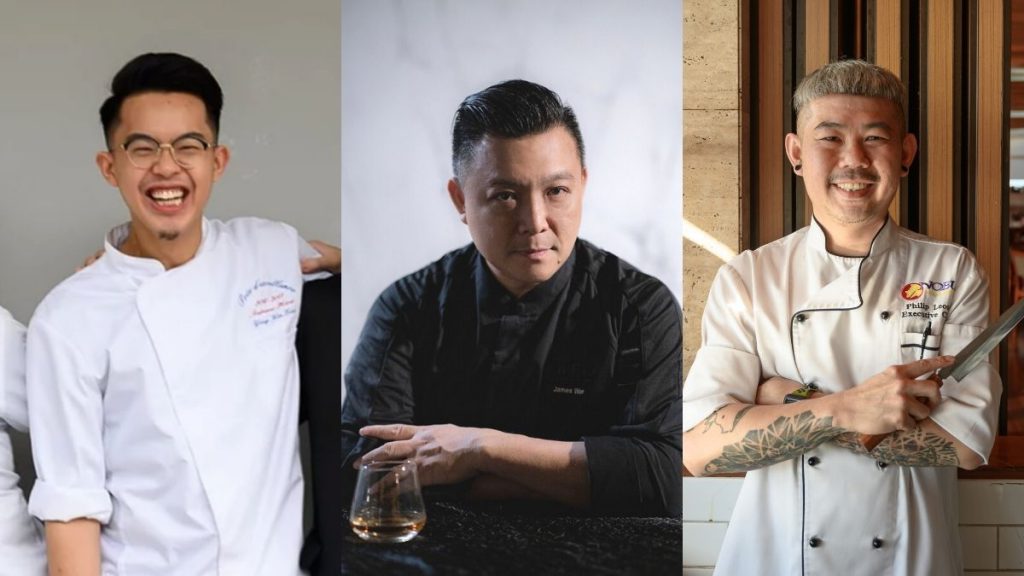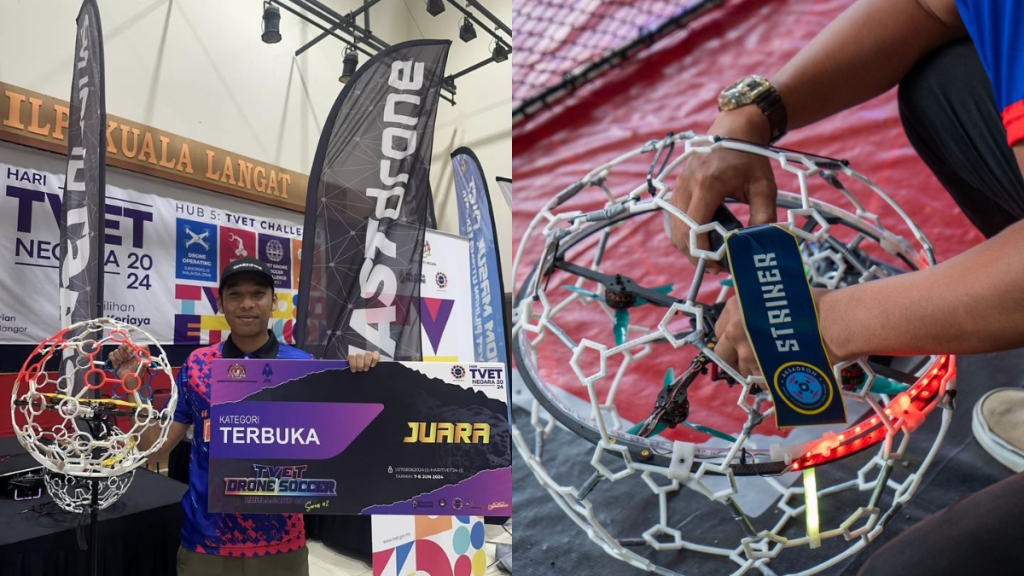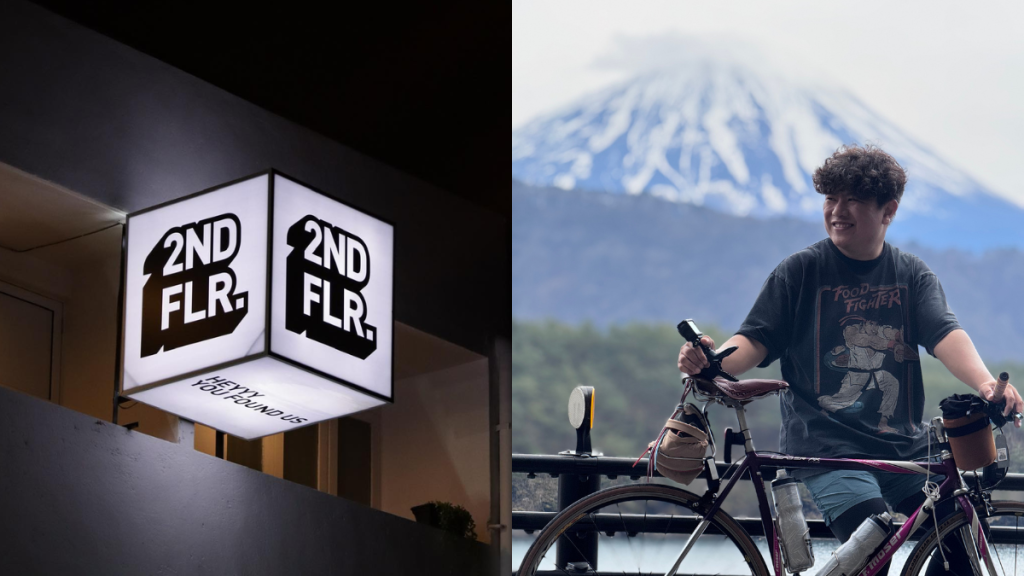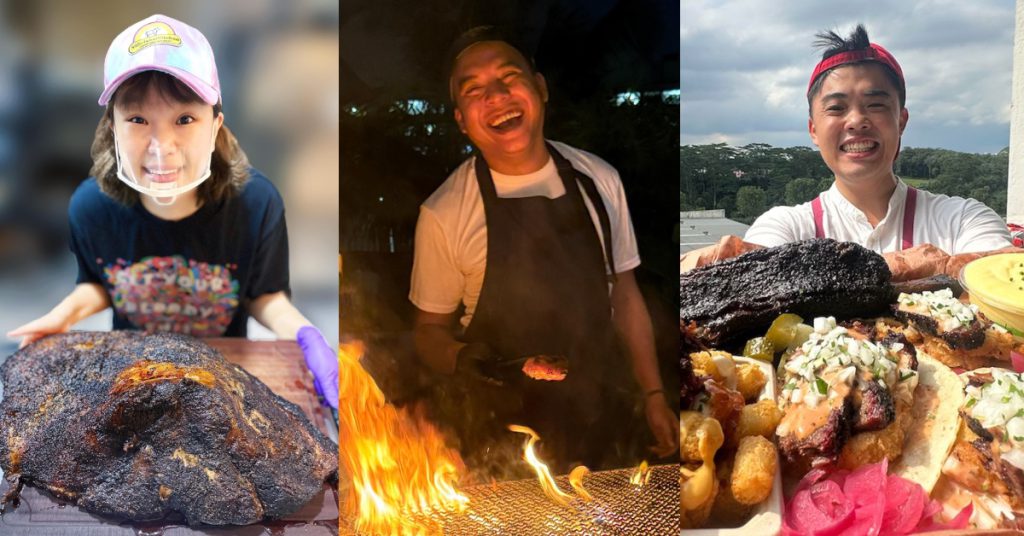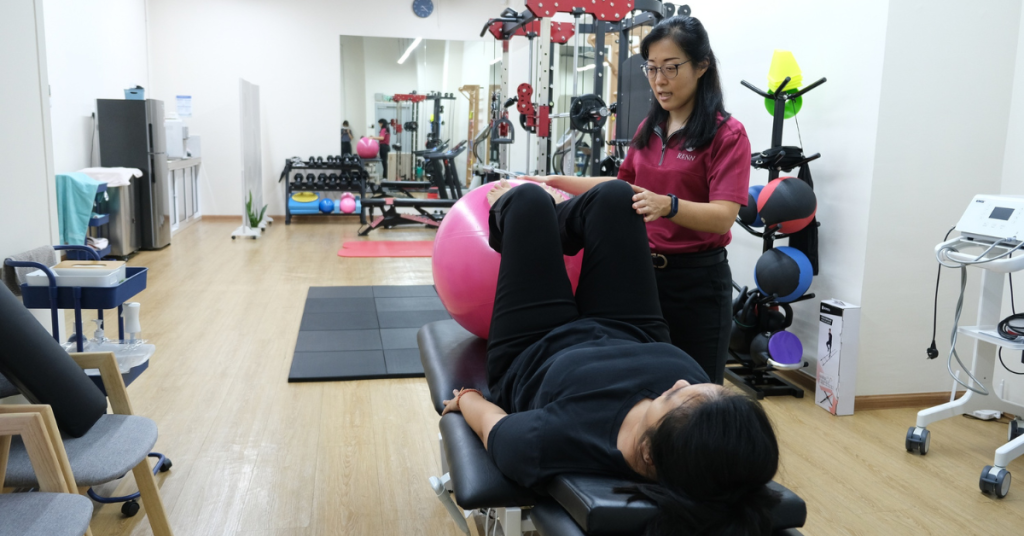During the MCO, many F&B businesses were forced to pivot from dine-ins to exclusively deliveries.
However, that might have been a challenge for fine dining restaurants as they usually go by the “eat with your eyes first” adage in their dishes and base their reputations on offering a premium high-quality dining experience.
With this in mind, we asked 3 fine dining chefs how they managed to sustain their businesses during the pandemic.
1. Akâr Dining
Akâr Dining is a modern French fine dining restaurant that opened on March 9 in TTDI just a week before the MCO started.
We’ve previously written about them as one of the 10 Klang Valley restaurants that launched during the pandemic.
Being a brand-new restaurant, building a brand reputation at such a time was one of their bigger struggles.

They had created a limited edition takeaway menu of simpler meals not for the aim of pushing sales, but more for brand awareness.
“It was done to hopefully garner more attention towards our style of food, and hopefully convert these customers to try dining-in with us whenever it becomes available,” said Aiden Low, Akâr Dining’s head chef.
As their cuisine had to be consumed within a specific timeframe from the moment it’s prepared, temperature control was important.
And that was one of the problems with relying on food deliveries, as temperatures were a factor they couldn’t control.
This could potentially affect the user experience. To find a way around it, they launched hearty French driven meals with a twist as their main food delivery menu.
Editor’s Update: The information in the paragraphs above has been edited to reflect greater accuracy.
This change in menu also required Aiden to look more carefully into the ingredients he used in the meals.
As importing ingredients was near impossible thanks to the stop in flights, Akâr Dining faced some issues when it came to sourcing ingredients.
So, Aiden looked into more locally available produce to minimise the usage of imported goods.

“Malaysia is abundant with seafood with lots of potentials to work with. Cameron Highlands has the perfect weather to house a lot of indigenous and non-indigenous seeds, thus giving us a wide array of selections to work with,” he shared.
Finding similar substitute products was also one of the ways they overcame their logistic challenges, like replacing butter with animal fat, for example.
2. Enfin by James Won
Enfin by James Won is another French restaurant in Kuala Lumpur. Their niche focuses on preserving Asian heritage through the use of specific ingredients.
Over the MCO, Enfin functioned as a charity kitchen serving 1,000 meals a week.
They had to figure out what types of packaging would work for their food while maintaining hygiene, sterilisation, and how to keep their meals for half a day without compromising taste and overall food integrity.
From this experience, they then collaborated with BadBoyCooks and launched EnfinX, a delivery platform to cater luxurious comfort to their patrons.

Once dine-ins were allowed again, the Enfin team were welcomed by some unsightly guests on the premises—pests.
Eradicating them became their first priority, on top of complying with the government’s social distancing SOPs.
“Pest control was a big issue as many of the companies were not able to do their routine servicing and pests became rampant throughout our building. It took a couple of weeks to have it under control,” said James Won, owner and head chef of Enfin.
When Enfin reopened its doors to diners, they shifted their focus to serving and entertaining corporate clients.
“We listened to our customers as to what they want going forward and what their needs are for entertaining their corporate clients,” he said.
James curated a new menu that centred around more local ingredients, offered free corkage for the first 2 months, and reduced the number of courses in a dégustation to be conscious of reducing the service time.
Dictionary time: Dégustation involves sampling small portions of all of a chef’s signature dishes in one sitting.
Wikipedia
“We did not operate for lunch and kept those hours for our delivery service as we have many corporate clients who are relying on those during their lengthy Zoom meetings,” said James.
The team also reduced minimum spending charges for their regular VIPs dining in their private dining rooms.
“By doing all this, we were receiving a greater number of new customers as our barrier of entry was at a comfortable price point,” he said.
Despite the challenges, none of their staff underwent layoffs or pay cuts, and they had their salaries paid on time.
“Their welfare was our number one priority. We want our team to be able to serve with warm hospitality and not be concerned with other issues other than assuring our patrons’ satisfaction levels,” said James.
3. Nobu Kuala Lumpur
Nobu Kuala Lumpur needs no introduction in its prestige for Japanese-Peruvian cuisine.
Originally started in 1994 in New York, the Kuala Lumpur rooftop restaurant is one of its 29 franchises around the globe.
During the CMCO, the Nobu At Home menu was launched to deliver their customised menu items to their customer’s doorsteps.
To further personalise the experience, the deliveries were made by the staff themselves.

“We customised the menu taking into account how logistics would affect certain dishes.”
“This meant that we only included dishes that would retain the same quality, texture and feel even after delivery,” said executive chef, Philip Leong.
The radius for delivery locations was also limited as to not compromise the quality of their food.
As they wouldn’t have been able to replicate the plating in-store, Nobu used sleek packaging to make up for it.
Once they could allow dine-ins again, they knew that their high prices might drive customers away, especially in an unstable time where most have either lost their jobs or received pay cuts.
“This meant that when we reopened, we had to be sensitive to the current climate along with Malaysians’ excitement to finally dine out after months of being stuck at home,” he said.
They needed to come up with a promotional offer that catered to customers needs, and make up for the losses they had over the lockdown.

Hence, they launched the “Omakase set menu for two” promotion which was priced more affordably at approximately RM400 for 2 pax, to enable regular customers to dine-in more frequently, while at the same time encouraging new customers to try their food.
“The response was overwhelming and we continued with several promotions based on the same mechanic,” he said.
Another initiative set by the restaurant was allowing guests to watch certain dishes being prepared at their table.
These were made available to those who ordered their promotional dish during the dinner service.
-//-
These chefs and their establishments definitely embodied the idiom, “Where there’s a will, there’s a way”.
We had thought it near impossible to truly extend the fine dining experience beyond a luxurious establishment’s four walls, but they proved us wrong.
It’s been a challenging time for all businesses no doubt, and it was no different for fine dining establishments.
However, we believe that they’ll all emerge from this pandemic stronger and wiser.
- You can read how other industries in Malaysia handled business during the pandemic here.
Featured Image Credit: Aidan Low, head chef at Akâr Dining / James Won, owner of and head chef at Enfin by James Won / Philip Leong, executive chef at Nobu Kuala Lumpur



